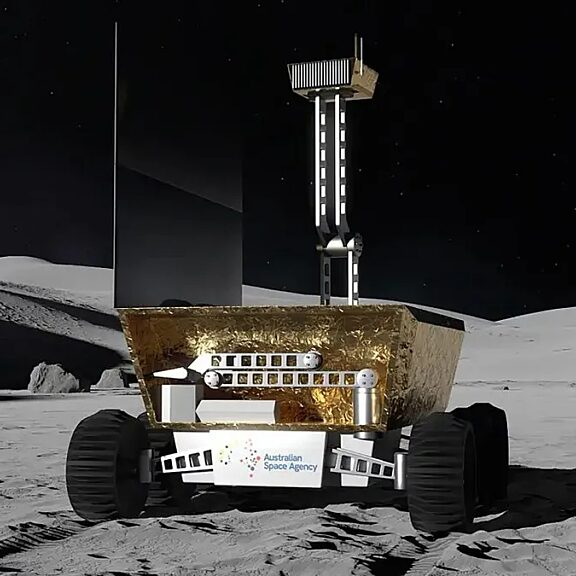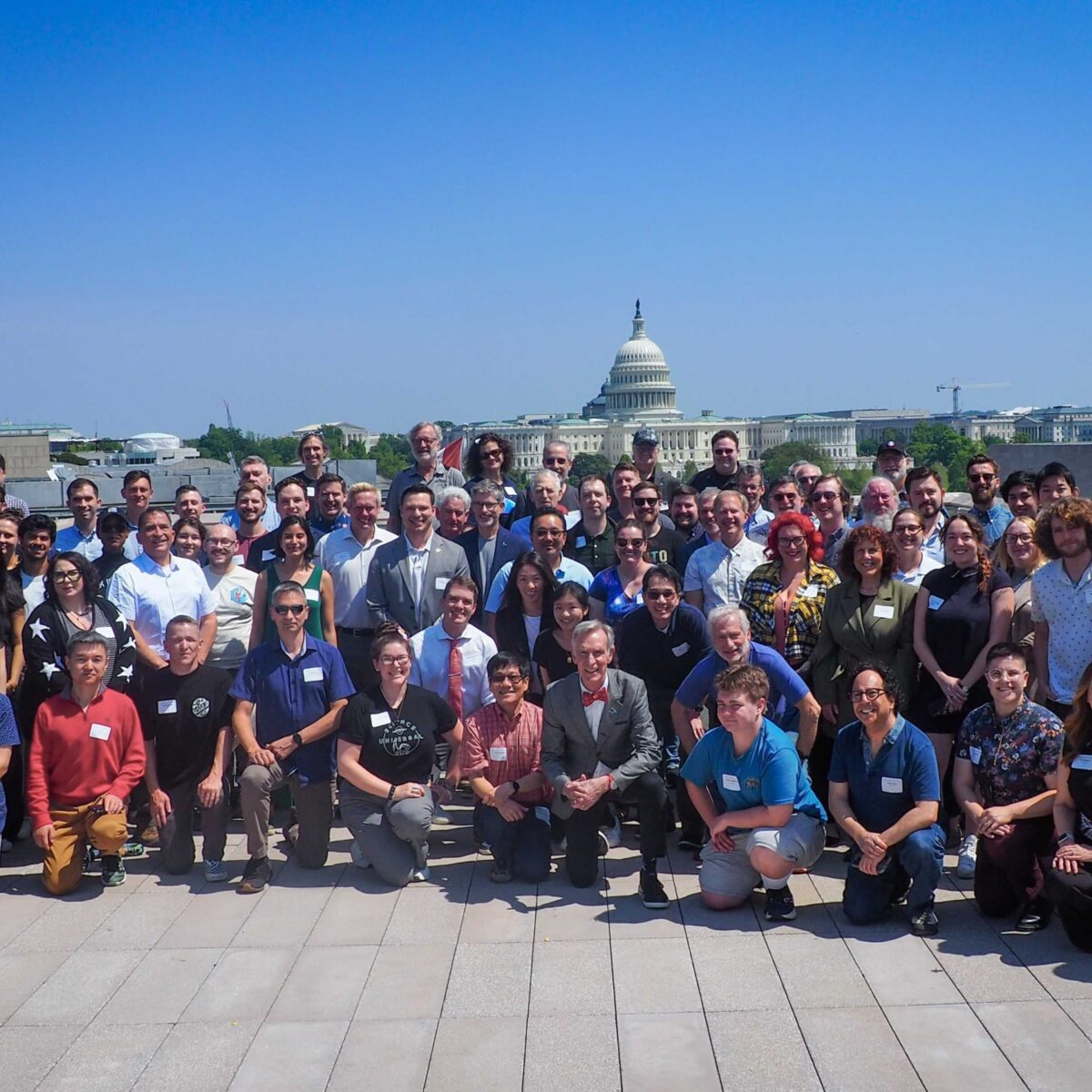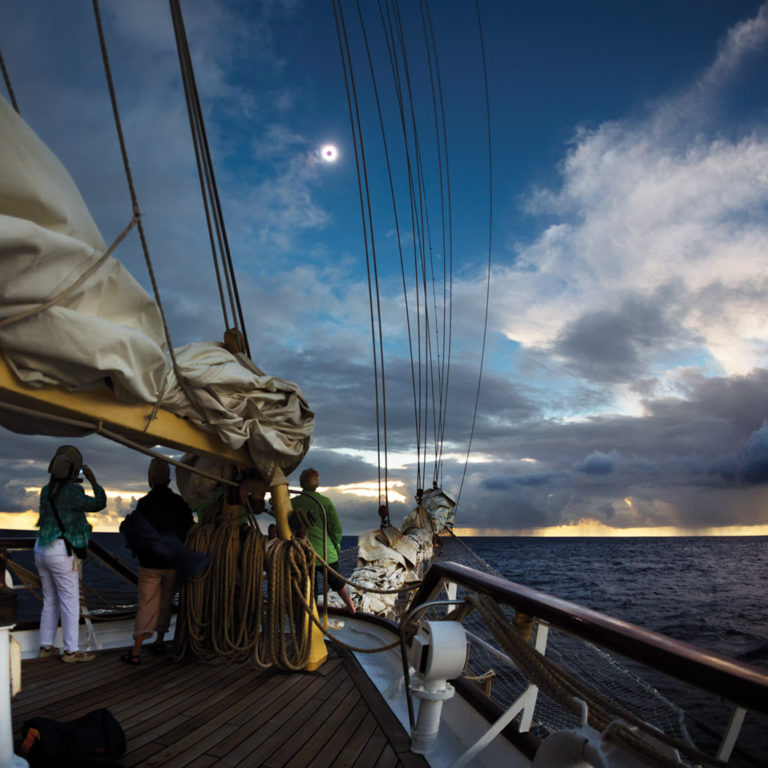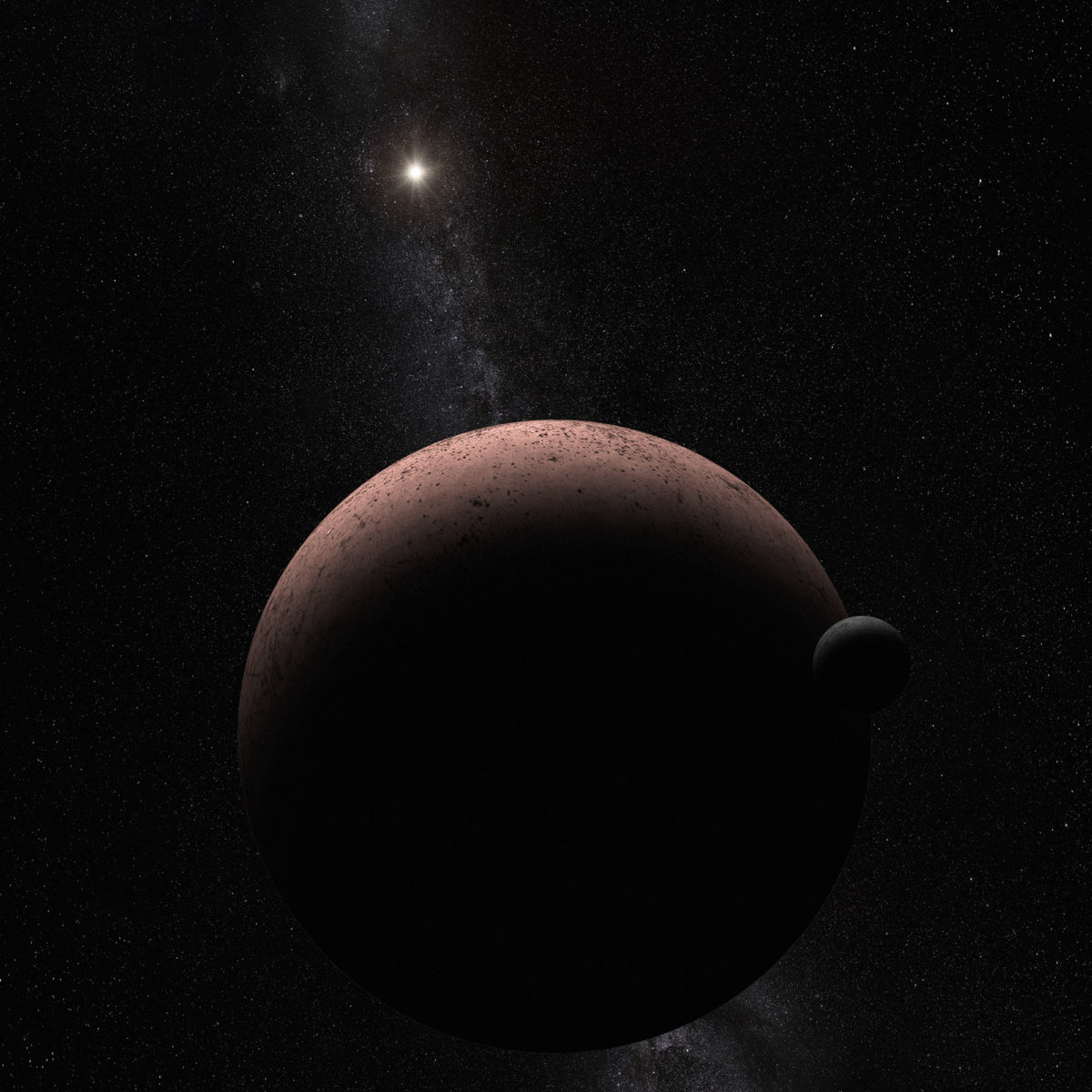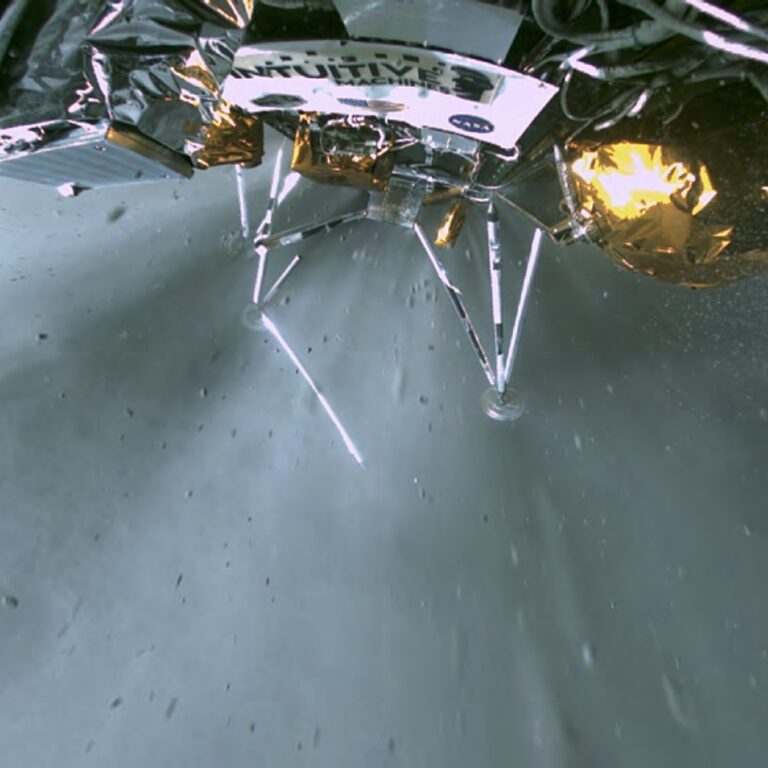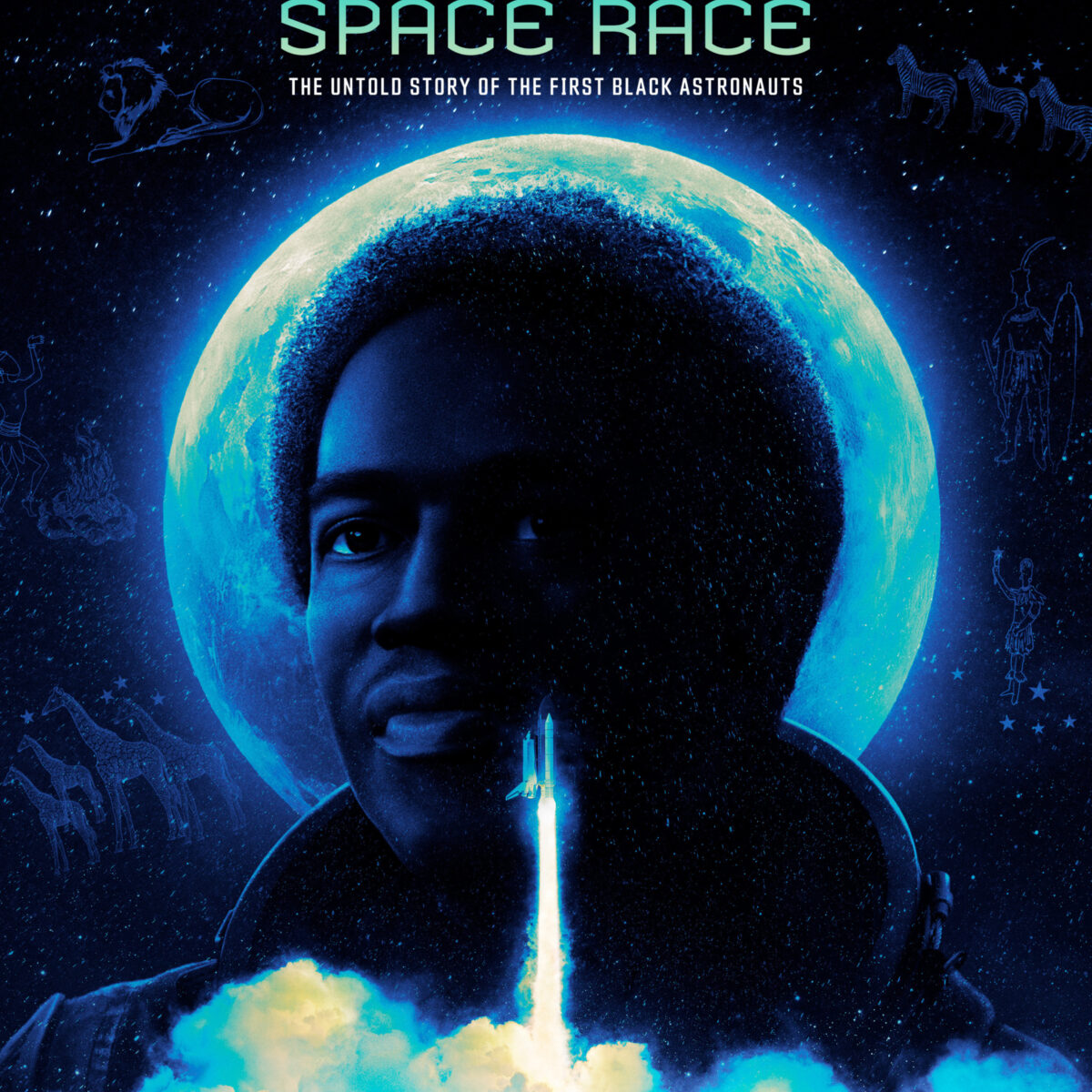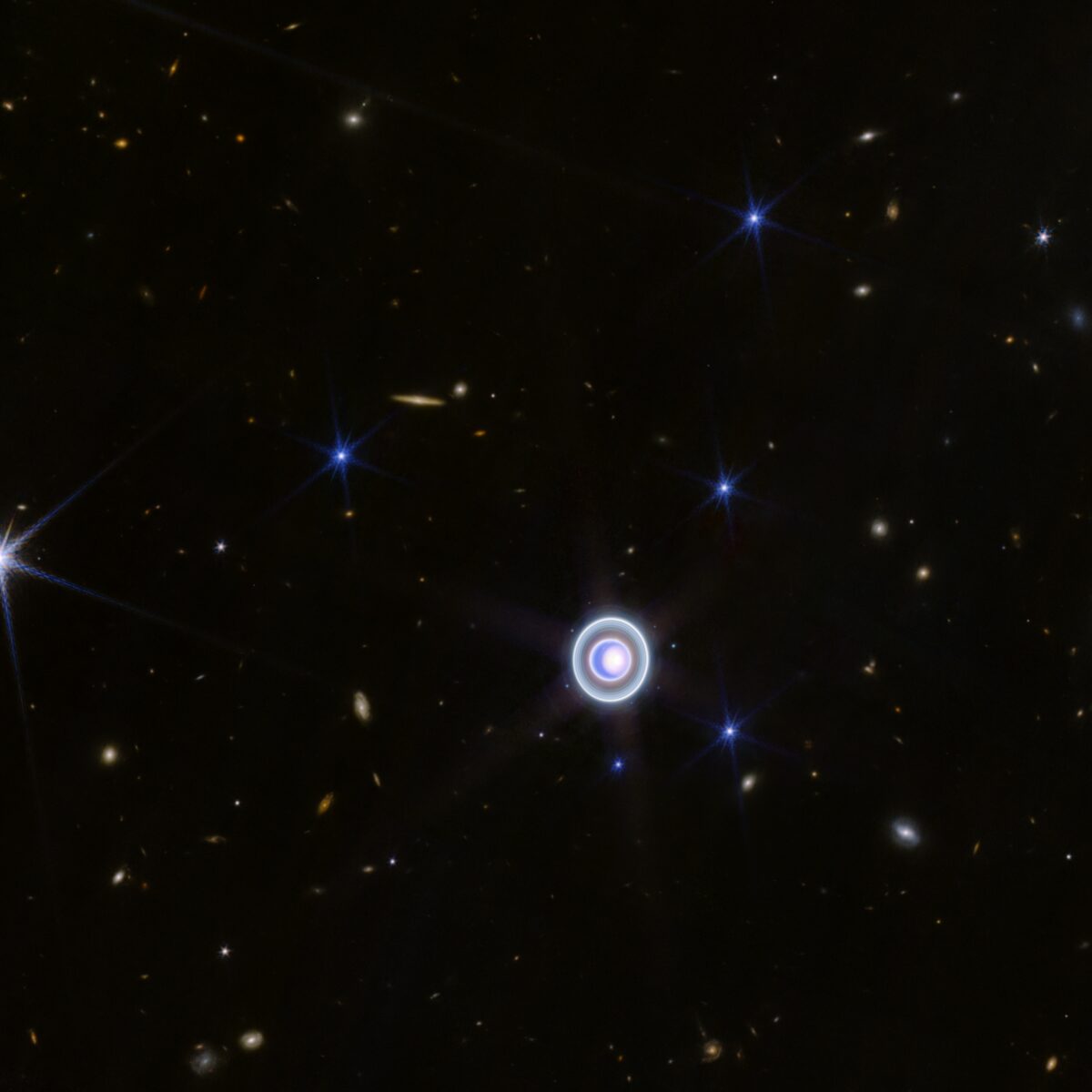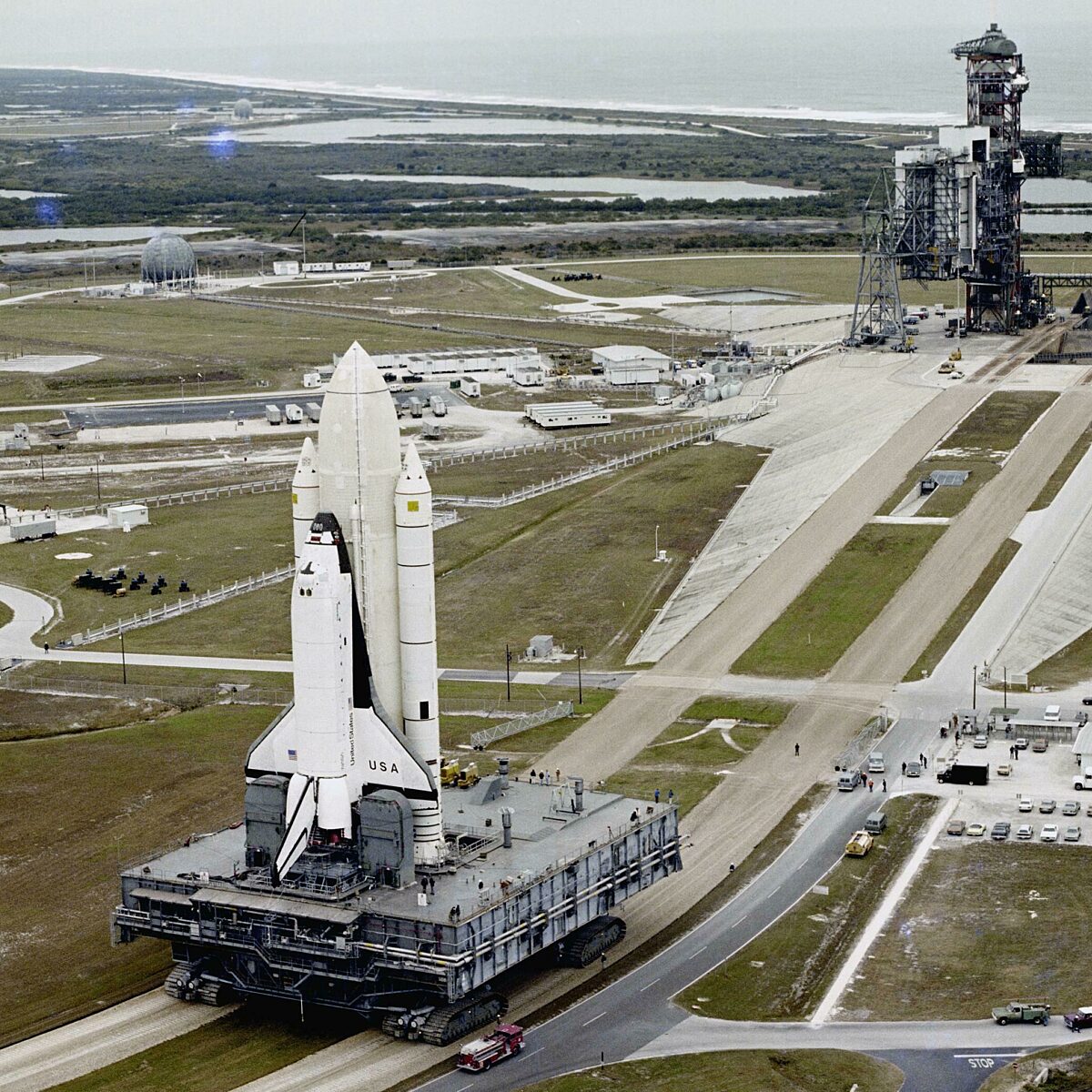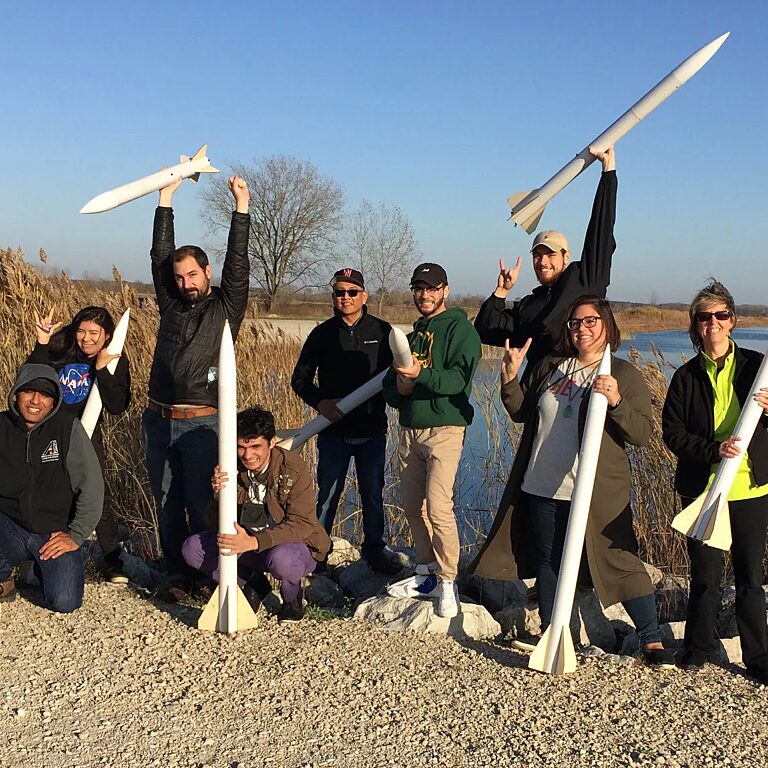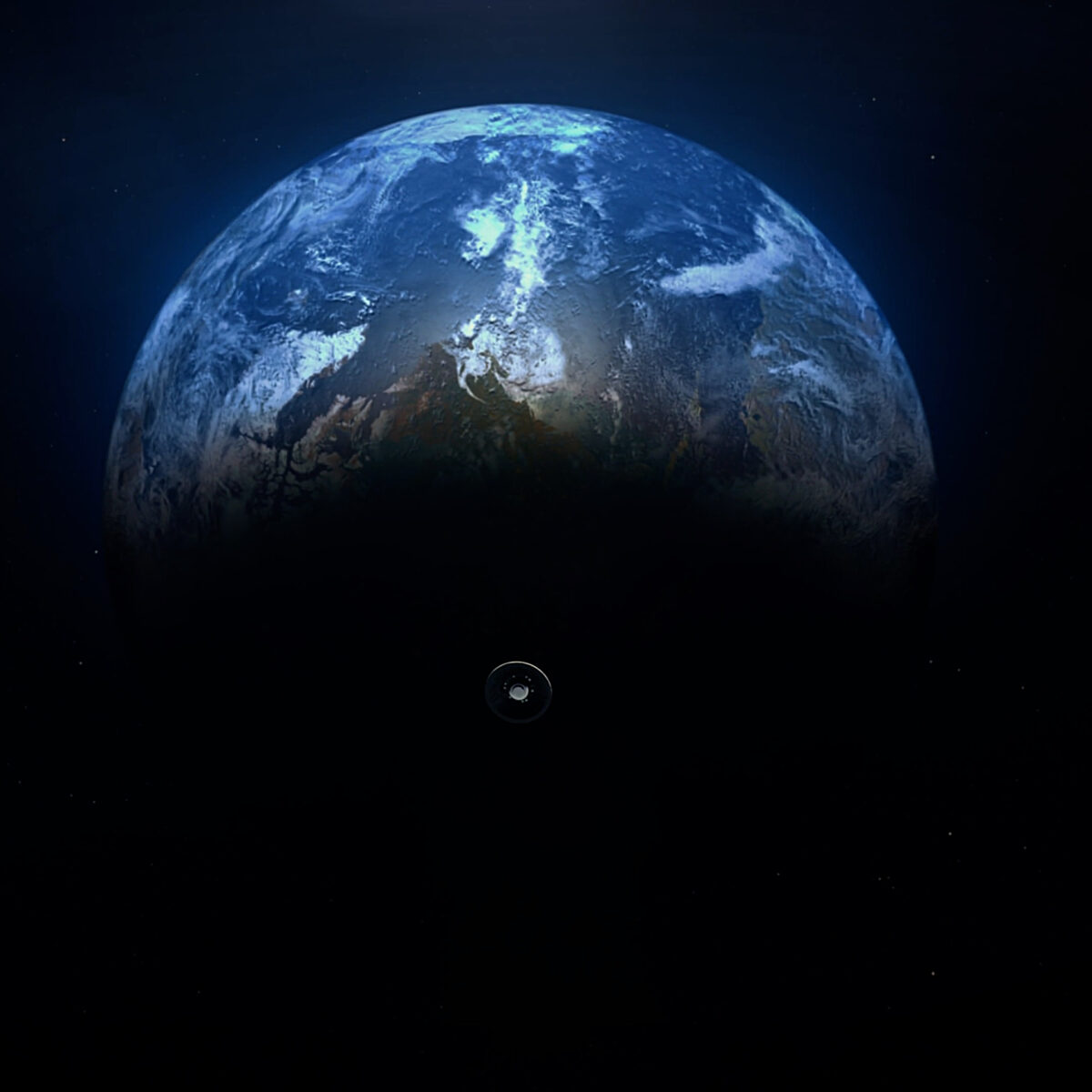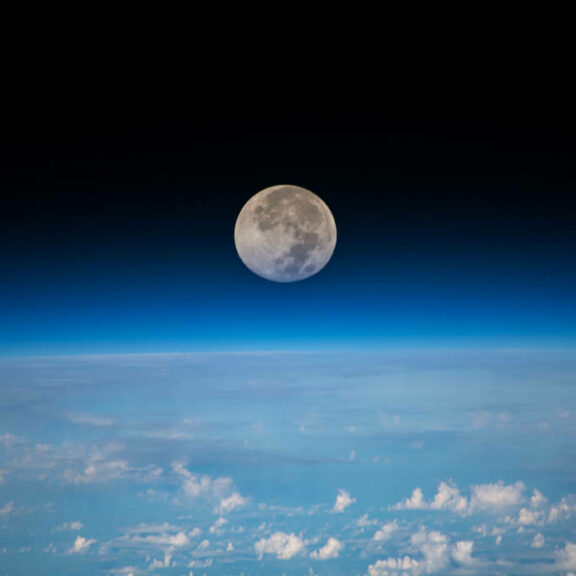Since 2002, Planetary Radio has visited with a scientist, engineer, project manager, advocate, or writer who provides a unique perspective on the quest for knowledge about our Solar System and beyond. The full show archive is available for free.
Search Planetary Radio
Darby Dyar, the deputy principal investigator for NASA’s VERITAS mission to Venus, returns triumphantly to Planetary Radio to share the story of how space advocates helped save this mission.
Newton Campbell Jr., the director of the Australian Remote Operations for Space and Earth (AROSE) Consortium, discusses his career journey, AI in space, and Australia's first lunar rover, the Roo-ver.
Every major NASA center built after the agency’s inception is located in the American South. Why? Dr. Brian Odom, NASA’s chief historian, joins the show to discuss the cultural, political, and historical implications of NASA’s expansion into the South.
Holy texts and salvation ideology. Saints and martyrs. True believers and apostates. This isn’t a religion — this is human spaceflight, argues Roger Launius, the former Chief Historian of NASA.
This week on Planetary Radio, we'll share what happened during this year's Day of Action and why it matters.
Should policymakers spend more time looking - really looking - at the Moon? Chris Cokinos thinks so. He’s the author of a new book, Still As Bright, which explores the evolving role of the Moon in our culture, our history, and our dreams of spaceflight.
Former NASA Administrator Mike Griffin discusses his claim that there is a tension between the so-called Real reasons that motivate spaceflight and the prosaic, Acceptable reasons used to justify space exploration within the public sphere.
Jim Bell, a professor from the School of Earth and Space Exploration at Arizona State University and former president of The Planetary Society's Board of Directors, shares captivating tales from his global eclipse-chasing journeys.
A team co-led by the Southwest Research Institute has made a groundbreaking discovery, revealing evidence of hydrothermal or metamorphic activity on the icy dwarf planets Eris and Makemake in the Kuiper Belt. The lead author of this research, Chris Glein, joins Planetary Radio to explain.
Science historian Dr. Matt Shindell joins the show to discuss the unique era of commercial lunar exploration, and how planetary exploration has evolved and can continue to evolve on and around the Moon.
This week on Planetary Radio, we take a peek behind the scenes at National Geographic's new documentary, “The Space Race,” which celebrates the triumphs and struggles of the first African-American space pioneers and astronauts.
Space policy expert Laura Delgado López joins the show to break down the new paper, “Clearing the Fog: The Grey Zones of Space Governance” by Jessica West and Jordan Miller.
We're celebrating lunar missions and the space advocacy that helps make them happen this week on Planetary Radio.
Members of The Planetary Society staff revisit some of 2023's most exhilarating moments and groundbreaking discoveries in space this week on Planetary Radio.
Though the Space Shuttle program lasted 30 years and built the ISS, it fell short of NASA's goals for cost, reusability, and reliability. Can a program be both a worldly success and a policy failure? In this Space Policy Edition, we dissect a classic space policy paper and debate its relevance today.
Steven Smith, an Education Specialist from NASA's Science, Technology, Engineering, and Mathematics (or STEM) Program, joins Planetary Radio to share some of the unique opportunities available for students in the lead-up to humanity's return to the Moon.
NASA's Mars Sample Return mission is both a top priority and seriously troubled. Independent review board chair Orlando Figueroa joins us to talk about the challenges and what must be done.
Kevin Trinh from Arizona State University joins Planetary Radio to discuss his research into Europa's formation history and the consequences for the moon's habitability.
Scott Pace, the prior executive secretary of the National Space Council, discusses why Artemis is of strategic value to U.S. national interests — and why the Moon is unique as a destination to drive global space exploration.
We check in on the congressional budget process for NASA, Mars Sample Return’s spiraling cost growth, and the impending end of the regulatory holiday for human commercial space launch companies.


 Explore Worlds
Explore Worlds Find Life
Find Life Defend Earth
Defend Earth



